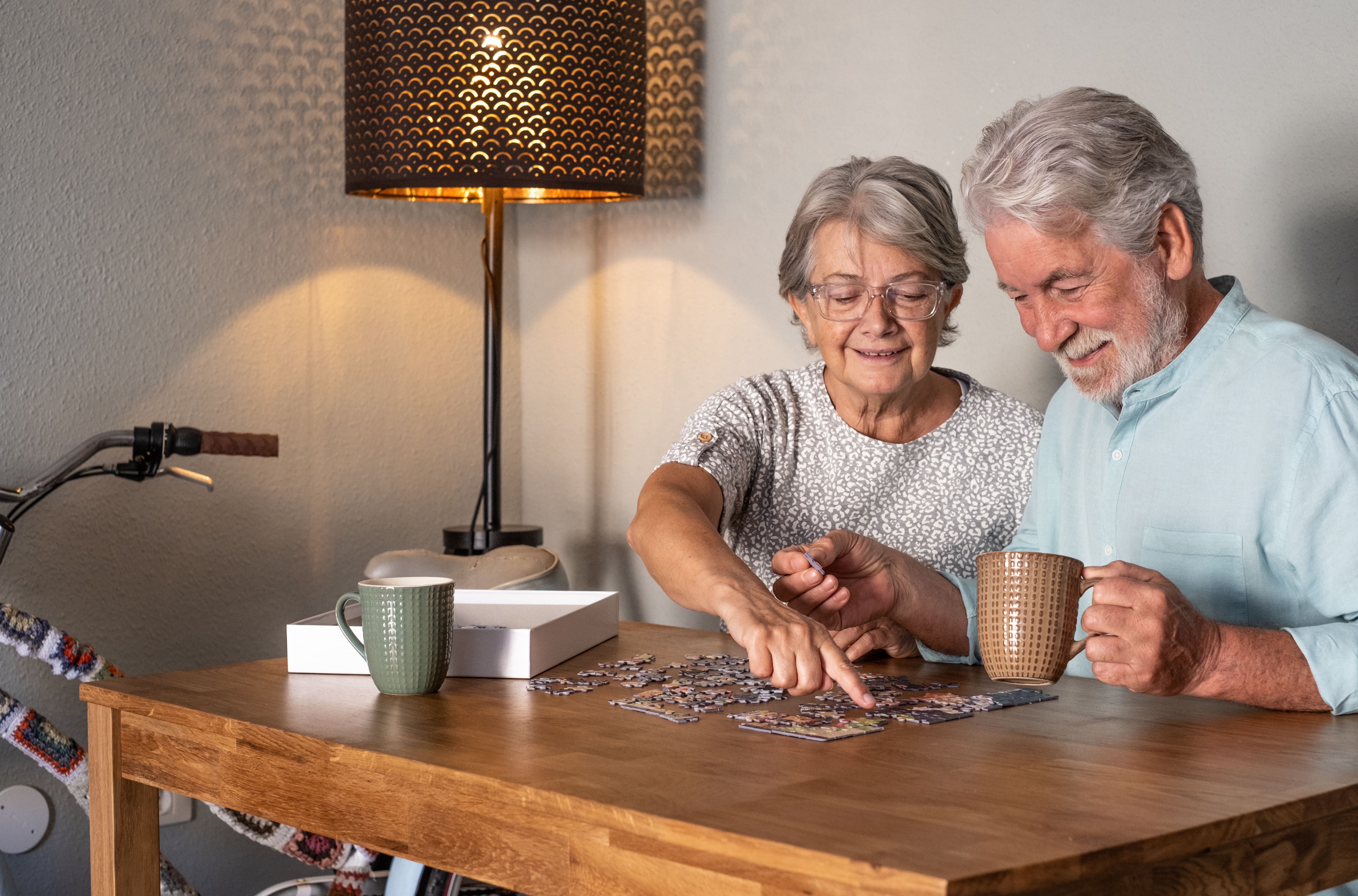Resources
Mobile Resource Library Tabs
Filters
Search
Categories Navigation
Asset Publisher
Content with Type Article .
Resources

Combating Ageism: Understanding and Overcoming Negative Age Stereotypes
Ageism is discrimination against individuals or groups because of their age. It can be easy to make judgements based on someone’s perceived age but, like other forms of discrimination, negative stereotypes resulting from age prejudice can have very real consequences. While ageism can apply to individuals of any age, it is often directed towards older adults. It is important to note that even if one does not currently experience ageism, we are all inevitably aging. Therefore, if we don’t work to combat ageism now, all generations will experience ageism in the future.
Read MoreBy Emily Falk | 08/15/2023

Medications and Driving: Safety Tips for Older Adults and their Families
With laws around THC use changing around the country, the subject of “drugged driving” has been appearing more and more in the national discourse. Most people are aware of the risks involved in driving under the influence of marijuana, but aren’t aware that prescription drugs can also fall under the umbrella of drugged driving—and that many older adults are unintentionally driving impaired, and contributing to the high statistics of drugged driving accidents.
Read MoreBy Julie Hayes | 08/15/2023

Engaging Activities for People with Dementia: Boosting Wellbeing and Connection
Dementia remains a highly stigmatized disease, often leading to misunderstandings about the capabilities and needs of older adults affected by it. Caregivers may unintentionally overlook the importance of meaningful hobbies, activities, and pastimes for individuals with dementia due to their perceived disconnection from the world around them. However, it is crucial to recognize that, despite the changes brought by dementia, older adults still require engagement regardless of the stage of the disease.
Read MoreBy Julie Hayes | 07/14/2023

Enhancing Spiritual Care for Loved Ones: Tips for Caregivers
When caring for a loved one, maintaining their physical health is typically the top priority, so it can often be easy to forget that spiritual health can also contribute to their satisfaction and wellbeing. As we age, we are often faced with spiritual concerns regarding our mortality and the value of the life we have led. Some of our loved ones may be kept away from religious services due to illness or issues with mobility, keeping them from participating in important rituals to their faith.
Read MoreBy Julie Hayes | 07/14/2023

Understanding the Role of a Geriatric Care Manager in Elder Care
Those of us who provide care for a loved one have probably heard the term “Geriatric Care Manager” on a regular basis. However, even though the phrase is a familiar one, we may not know exactly what one is since it’s a relatively new profession in the field of eldercare. A geriatric care manager is a licensed professional, often a nursing or social work specialist, with expertise in geriatrics. Families hire them to evaluate their loved one's needs and coordinate care using community resources. This profession proves particularly valuable when families live far away or are unable to manage all caregiving responsibilities themselves. Geriatric care managers can act as "professional relatives" supporting the family.
Read More07/14/2023
